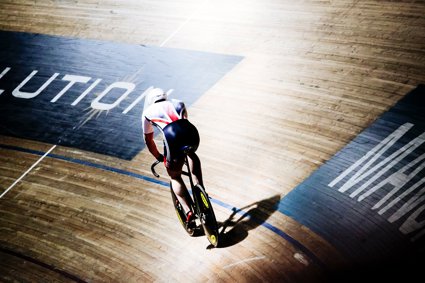
Coin Street
A successful social enterprise and development trust scheme
Background information
The South Bank historically was an industrial area containing factories and wharves. However, when the population of London soared in the nineteenth century, people crammed into the area in small houses. Poverty and overcrowding were rife. The area was badly bombed during the Second World War and much housing was demolished.
After the war, the South Bank was chosen as the site for the 1951 Festival of Britain, resulting in the building of the Royal Festival Hall. Later developments in the area, including the National Theatre and the National Film Institute, turned the South Bank into Europe's largest arts and media centre.
However, this development had an impact on the local community. The residential population decreased from 50,000 to 4,000 by the early 1970s and schools and shops closed. Local people drew up a plan to address these problems, focusing on the derelict Coin Street site, and campaigned strongly against the planned development of the site for hotels and offices. The Coin Street Action Group's plans included housing, parks, shops and leisure facilities. Planning permission was given to both office and community projects, but in the end the office developers sold their site to the Greater London Council, which in turn sold the whole site to Coin Street Community Builders.
Coin Street Community Builders is a company formed of local people and its profits are put back into the local area. A registered housing association has been set up, a team of staff is employed to manage the site, and associated charities support education, art and community activities.
Between 1984 and 1988, Coin Street Community Builders demolished derelict buildings to create a riverside park and walkway. The area now has co-operative housing, shops, restaurants, cafes, bars, galleries, parks and sports facilities, and provides childcare, family support, education and enterprise programmes. It is a true example of a successful, mixed-use neighbourhood.
Worksheet
The Coin Street worksheet provides a structure for your students to use to take notes on the Coin Street scheme, including its history, commercial factors and social infrastructure.
File nameFiles
File type
Size
Download